FG seeks to lessen dependence on oil
By Channels
20 August 2017 |
3:19 pm
FG seeks to lessen dependence on oil.
Related
Related
16 Apr
Find these stories and much more when you grab a copy of The Guardian on Wednesday.
17 Apr
Find these stories and much more when you grab a copy of The Guardian on Thursday.
18 Apr
Find these stories and much more when you grab a copy of The Guardian on Friday.
19 Apr
Find these stories and much more when you grab a copy of The Guardian on Saturday.
2 days ago
Find these stories and much more when you grab a copy of The Guardian on Wednesday.
1 day ago
Find these stories and much more when you grab a copy of The Guardian on Thursday.
Latest
54 mins ago
Private sector players are urging the Nigerian government to suspend the increase in electricity tariff for band A customers, citing the recent appreciation of the naira, a part of the determining factor for the tariff. Segun Ajayi-Kadir, Director General of the Manufacturers Association of Nigeria, joins CNBC Africa for this and more.
1 hour ago
Amnesty International is accusing Israel of a flagrant disregard for international law during its offensive in Gaza. The organisation's annual report says the situation is being compounded by the failures of Israel's allies to stop the indescribable civilian bloodshed being seen in the Palestinian enclave.
1 hour ago
The president of the Confederation of African Football (CAF) Patrice Motsepe discussed his ambitions for African football and his tenure as CAF president.
1 day ago
Tunde Onakoya, the Nigerian Chess expert who smashed the previous Guinness World Record for the longest chess marathon has returned to Nigeria. The founder of Chess In Slums Africa broke a new record of 60 hours of playtime in New York’s Times Square last Saturday, which is still receiving confirmation from GWR.
1 day ago
Israel's economy suffered a major contraction in the final quarter of 2023, following the terrorist attacks. Its economy shrank by 5.2% compared with the previous quarter. Much was related to the labor force disruption which resulted when around 300,000 reservists were called up to the country's armed forces.
×

Get the latest news delivered straight to your inbox every day of the week. Stay informed with the Guardian’s leading coverage of Nigerian and world news, business, technology and sports.


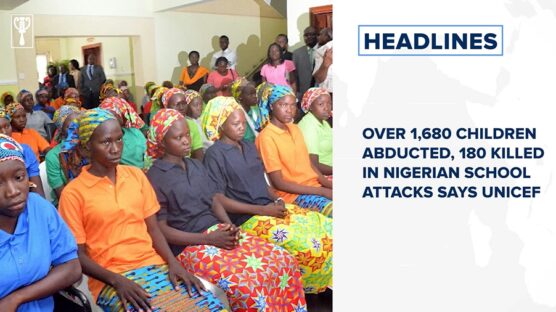



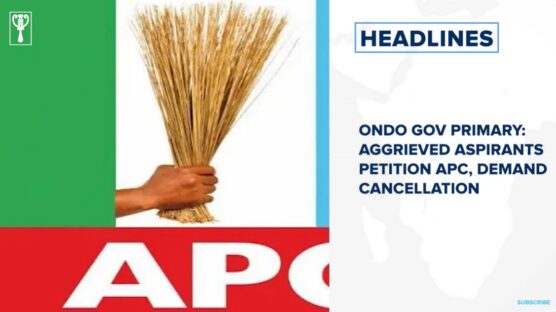





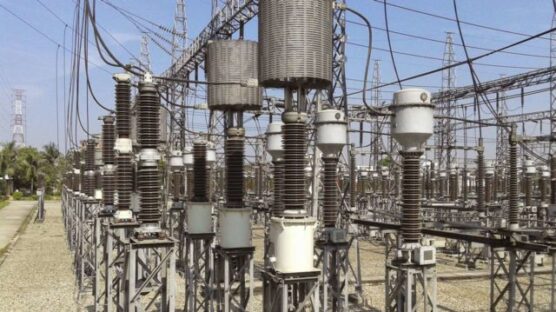



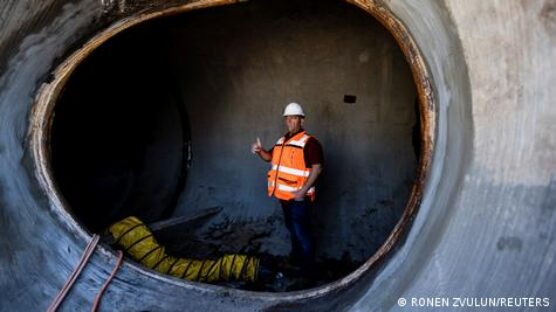
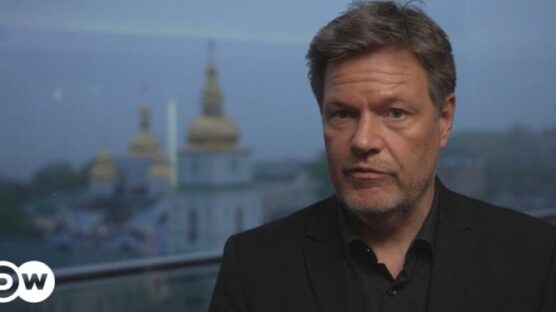
0 Comments
We will review and take appropriate action.